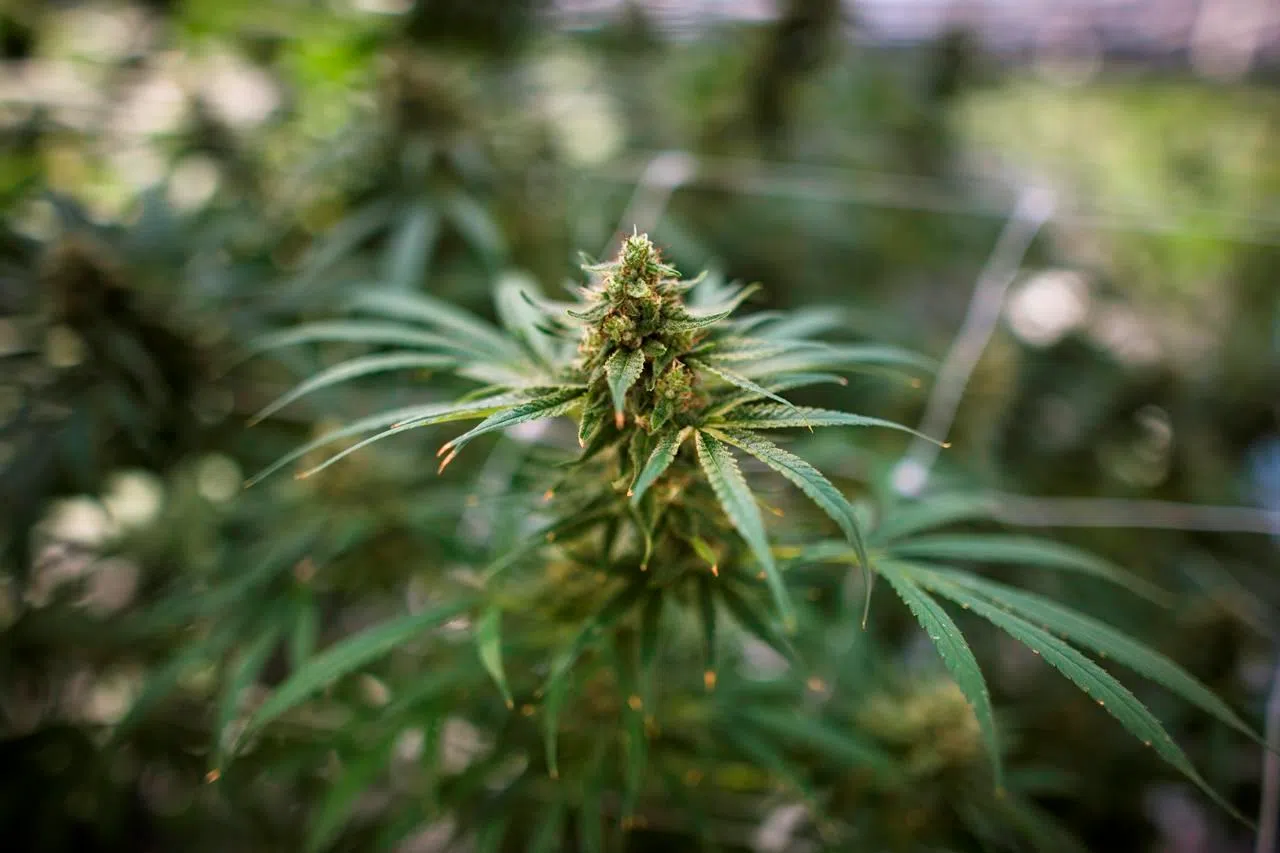
Justice minister defends approval of roadside pot test as some police wary
Some Canadian police forces are hesitant to use a federally approved roadside marijuana test, raising questions about the Liberal government’s decision to give the devices the green light.
Vancouver’s police department is among those that won’t use the Drager DrugTest 5000 when pot is legalized next month because it says the device doesn’t work in sub-zero temperatures, is bulky and takes too long to produce a sample.
“We’re just not comfortable moving forward with this machine and we’re looking at other options,” said Sgt. Jason Robillard.
Police in Delta, B.C., say their officers won’t use the device this year but the department hasn’t made a decision about 2019, while Edmonton police and B.C.’s provincial RCMP say no decisions have been made yet.


